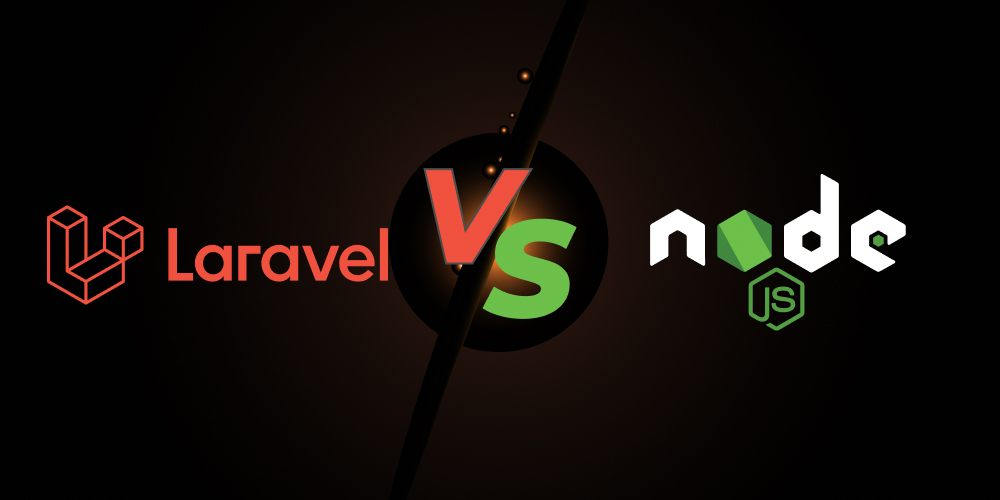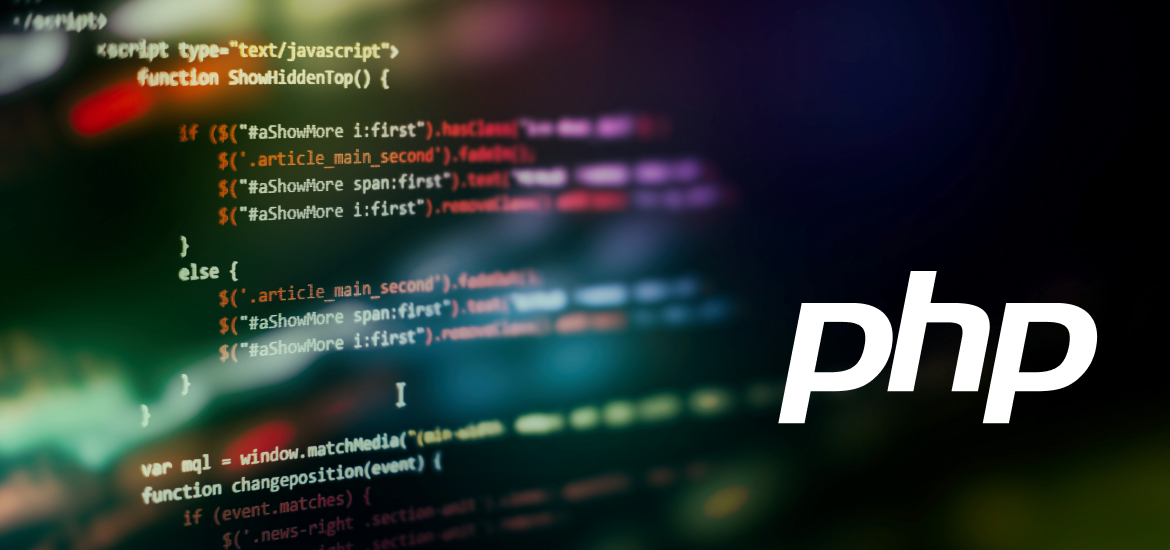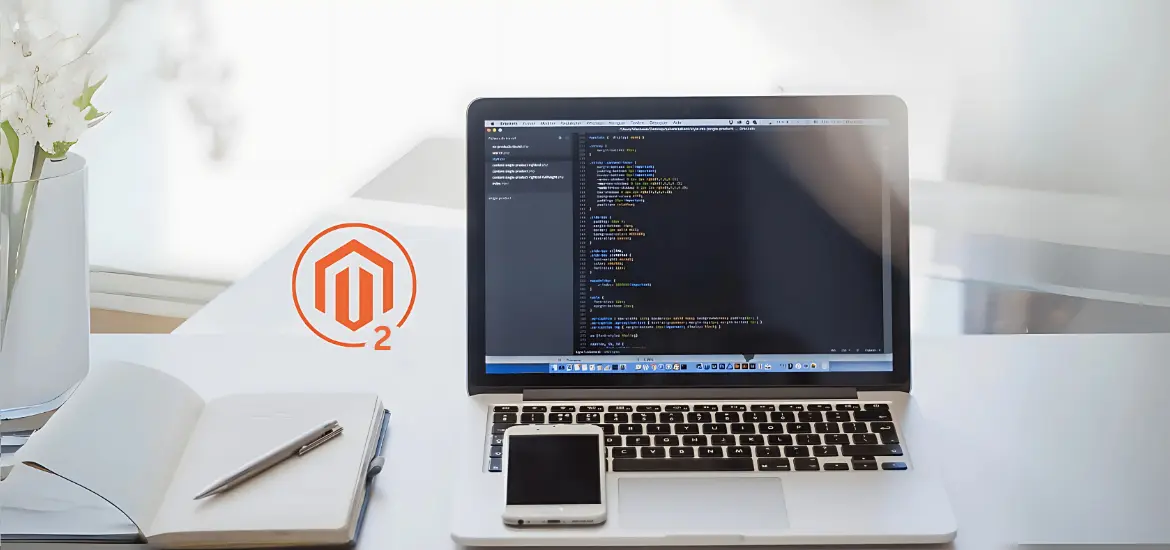PHP being a general-purpose scripting language, is known for fast and flexible development. As the business and customers tend to grow and expand, it has become the need of time to evolve faster and use frameworks that provide the best features along with the advantages.
It offers various frameworks such as Laravel, Symfony, Yii 2, CodeIgniter, along with others. Each of its frameworks are known for their core purposes ranging from easy-to-understand syntax, faster code, to flexible development, and others.
In this blog, we will be discussing the ten best PHP frameworks for web development that you cannot miss this year.
Without any further ado, let’s get into this.
Best PHP Frameworks You Need for Seamless Web Development
Before we move on to explain the features and benefits along with pros and cons of the popular PHP frameworks, here is a list for you to review.
1. Laravel
2. Symfony
3. Yii 2
4. CakePHP
5. CodeIgniter
6. Zend Framework (Laminas Project)
7. Phalcon
8. Slim Framework
9. FuelPHP
10. PHPixie
All of these PHP frameworks are explained below along with their pros and cons that can help you to understand them better.
1- Laravel
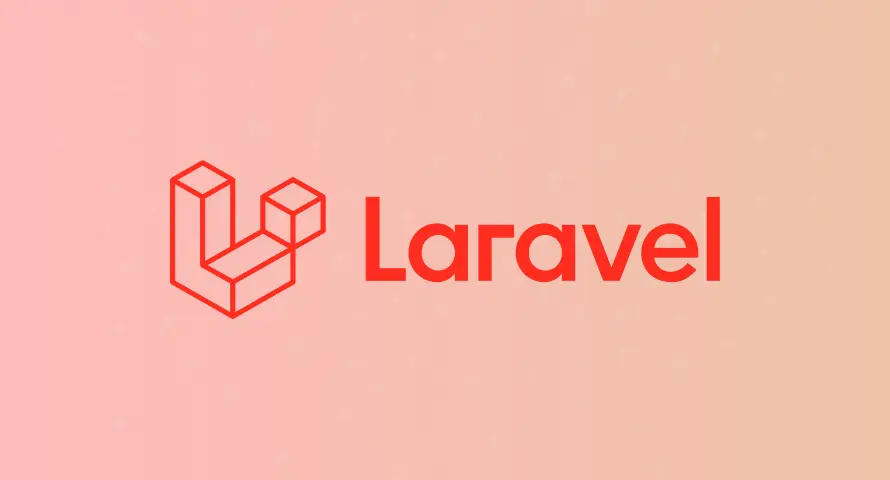
It is one of the top PHP frameworks known for its easy-to-understand syntax and reliable development tools. It follows the Model-View-Controller (MVC) architectural pattern, making it easy to organize and manage code. The key features of Laravel includes its eloquent ORM, blade templating engine, routing system, artisan CLI, security among others.
The benefits that businesses gain by choosing Laravel for their web development are faster development as its clean syntax, built-in libraries, and powerful tools accelerate the development process. Moreover, it has a strong community that enables beginners and expert developers to learn and find solutions to their problems.
Not only that but Laravel is highly scalable, and it stays to be seamless even when the traffic grows – your app will work just fine. As businesses continue to grow, scalability becomes a top preference and this is what Laravel offers.
Below are the pros and cons of Laravel as one of the top PHP frameworks this year
| Pros | Cons |
| Clean and elegant syntax | Can be heavy for small apps |
| Rich ecosystem and tools | Performance issues with larger apps |
| Strong community support | Complex for beginners |
| Excellent documentation | Can be overkill for simple projects |
2- Symfony
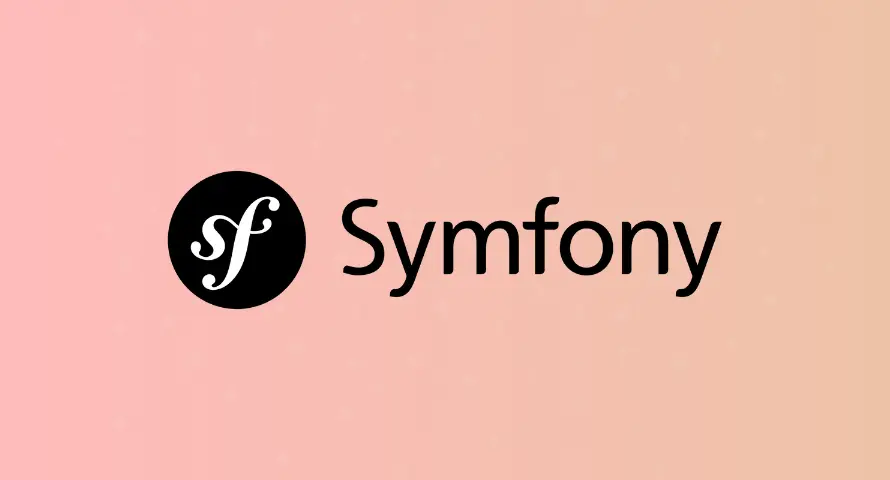
Number two on the list is Symfony. It is also one of the best PHP frameworks known for being a mature PHP framework used by many large-scale platforms, including Drupal and Magento. It emphasizes reusable PHP components and follows strict coding standards, making it suitable for complex, high-performance applications.
Key Features:
- Component-based Architecture: Build your app using individual components like Console, EventDispatcher, and HttpFoundation.
- Twig Templating Engine: Offers secure, fast, and flexible template rendering.
- Robust Debugging Tools: Includes Web Debug Toolbar and Profiler for monitoring requests and performance.
- Flexible Configuration: YAML, XML, and PHP configurations available.
- Service Container: Powerful Dependency Injection to manage class dependencies efficiently.
Symfony has a steeper learning curve compared to Laravel but offers unparalleled flexibility and long-term support for professional projects. If you’re wondering why PHP continues to be a go-to language for developers worldwide, you can explore more in our detailed article on why PHP is top choice for web development.
| Pros | Cons |
| Highly modular and scalable | Steep learning curve |
| Enterprise-ready with flexibility | Slower development speed |
| Built-in tools for testing and routing | Requires more configuration |
| Well-documented and community-driven | Can be heavy for small applications |
3- Yii 2
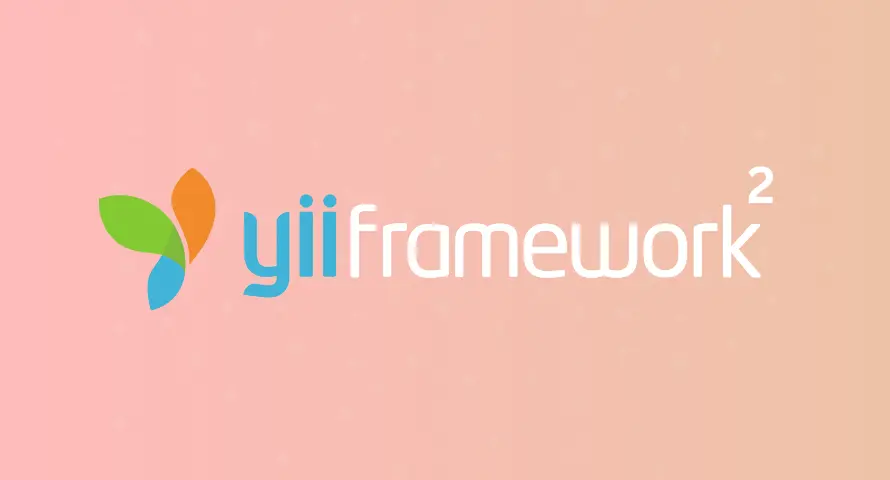
Yii 2 is a high-performance, component-based PHP framework that’s great for building modern web applications quickly. It’s especially popular for CRUD-heavy applications due to its powerful Gii code generator.
Key Features:
- Gii Code Generator: Automatically generates models, controllers, and views.
- Active Record: Simplifies database interaction with intuitive ORM.
- RBAC & Access Control: Built-in features to manage user roles and permissions.
- AJAX Support: Streamlined support for creating dynamic, single-page experiences.
- Theming & Skinning: Easy to switch looks without changing the underlying code.
Yii 2 is ideal for developers who value performance, rapid development, and clean code architecture.
| Pros | Cons |
| Fast and secure | Smaller community |
| Excellent performance | Lacks some built-in features |
| Easy to set up and configure | Limited plugins available |
| Ideal for large projects | Documentation could be better |
4- CakePHP

CakePHP offers a rapid development framework that follows the MVC pattern and emphasizes convention over configuration. It’s beginner-friendly and ideal for small to medium-sized applications.
Key Features:
- Bake Console: Generate code templates for models, views, and controllers.
- ORM: Clean and simple interface for database interaction.
- Security Features: CSRF, SQL injection protection, and input validation out of the box.
- Scaffolding: Get a working CRUD interface in minutes.
- Flexible Routing & Middleware Support: Easily manage app flow and HTTP requests.
CakePHP is loved for its simplicity and quick development cycle, making it a good choice for MVPs and prototypes.
| Pros | Cons |
| Rapid development with built-in tools | Less flexible and rigid |
| Easy to use for beginners | Slower for complex apps |
| Built-in authentication and security | Limited customization |
| Great for CRUD operations | Small community support |
5- CodeIgniter
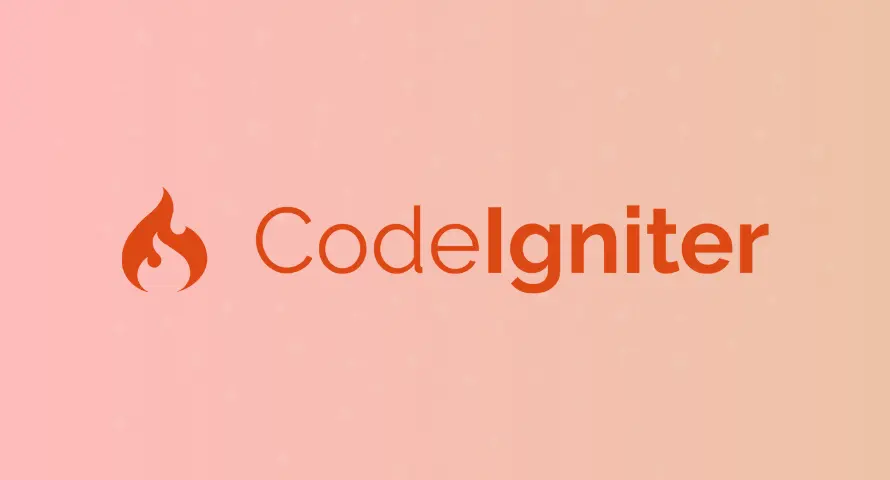
CodeIgniter is a lightweight PHP framework that’s known for its small footprint and exceptional performance. It’s especially popular among developers who want a simple and elegant toolkit.
Key Features:
- Small Footprint: Just a few MBs, with everything you need to get started.
- No Composer Dependency: Simple to install and run.
- MVC Architecture: Separates business logic from presentation.
- Built-in Libraries: Includes email, sessions, encryption, and more.
- Excellent Documentation: One of the best documented PHP frameworks.
CodeIgniter is excellent for small to mid-sized projects that require fast performance and minimal configuration.
| Pros | Cons |
| Lightweight and fast | Outdated features |
| Simple to learn for beginners | Lacks built-in modern tools |
| Flexible and minimalistic | Less ideal for larger projects |
| Excellent documentation | Smaller community |
6- Zend Framework (Laminas Project)

Zend, now continued as the Laminas Project, is a robust enterprise-level PHP framework used for building scalable and secure web applications. It’s particularly favored for mission-critical applications where performance and reliability are top priorities.
Key Features:
- Modular Design: Enables reusability and flexibility across projects.
- Enterprise-Level Components: Each component can function independently.
- MVC Support: Well-structured implementation for large applications.
- Security: Provides cryptographic tools and secure coding practices.
- Extensive Documentation: Comprehensive and professional-grade.
Zend/Laminas is ideal for advanced developers or teams working in enterprise settings, especially those needing highly customized and modular application architecture.
| Pros | Cons |
| Robust and enterprise-ready | Complex and verbose |
| High performance | Slower development process |
| Modular architecture | Requires advanced knowledge |
| Good for large-scale applications | Documentation can be overwhelming |
7- Phalcon
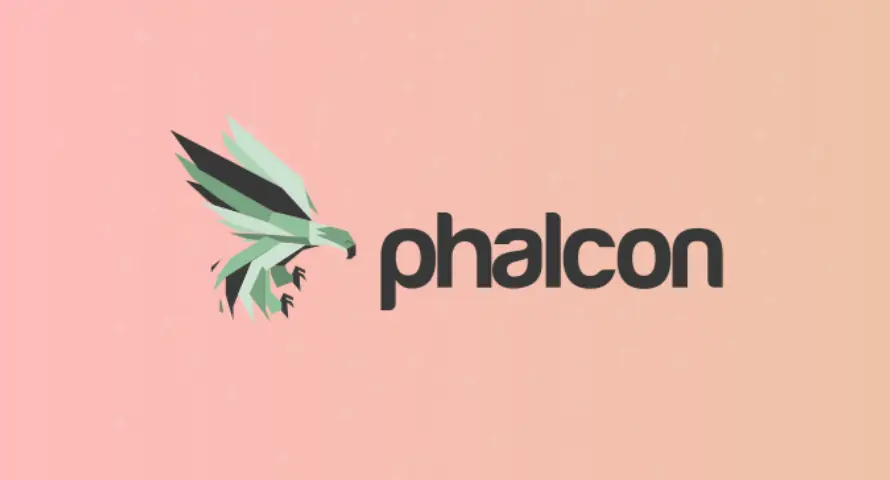
Phalcon is a full-stack PHP framework delivered as a C extension, which gives it a unique edge in terms of performance. It’s designed for speed, making it one of the fastest PHP frameworks available.
Key Features:
- C-based Architecture: Compiled as a C extension to boost execution speed.
- Low Overhead: Minimal resource consumption, suitable for high-traffic sites.
- Volt Templating Engine: Fast, secure, and flexible.
- ORM and ODM Support: Provides fast and lightweight data models.
- Dependency Injection and Auto-loading: Enhances modular development and maintainability.
Phalcon is an excellent choice for developers focused on building high-performance web applications with optimized server-side processing.
| Pros | Cons |
| Extremely fast (C extension) | Limited hosting support |
| Low-level memory management | More difficult to learn |
| High performance for large apps | Lacks some modern features |
| Great for high traffic sites | Not widely supported |
8- Slim Framework
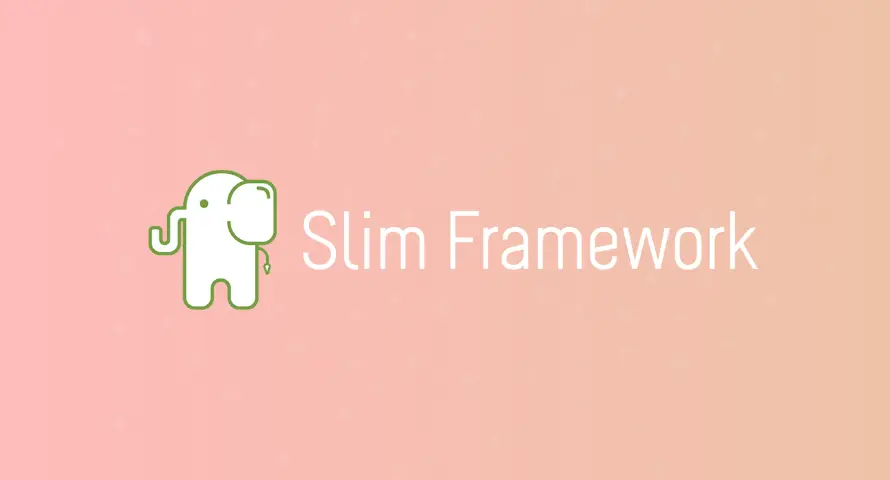
Slim Framework is a lightweight micro-framework that excels at building small to medium-sized web applications and RESTful APIs. Its minimalistic nature gives developers more control while keeping performance high.
Key Features:
- Routing: Fast and flexible router with support for dynamic URL patterns and HTTP methods.
- Middleware Support: Stackable middleware lets you compose your application logic neatly.
- Dependency Injection Container: Built-in container to manage dependencies efficiently.
- Request and Response Abstraction: PSR-7 compliant HTTP layer for modern PHP practices.
- Extensible Architecture: Easily integrates with other libraries and tools like Eloquent, Monolog, and Twig.
Slim is best for developers looking for a “do-it-yourself” approach where they can select only the components they need without the overhead of a full-stack framework. It shines in scenarios like building custom APIs, prototyping, or lightweight web apps where speed and simplicity are crucial.
| Pros | Cons |
| Lightweight and minimalist | Lacks built-in tools |
| Great for API development | Needs manual configuration |
| Easy to get started with | Not ideal for full-fledged apps |
| Flexible routing and middleware | Limited community support |
9- FuelPHP
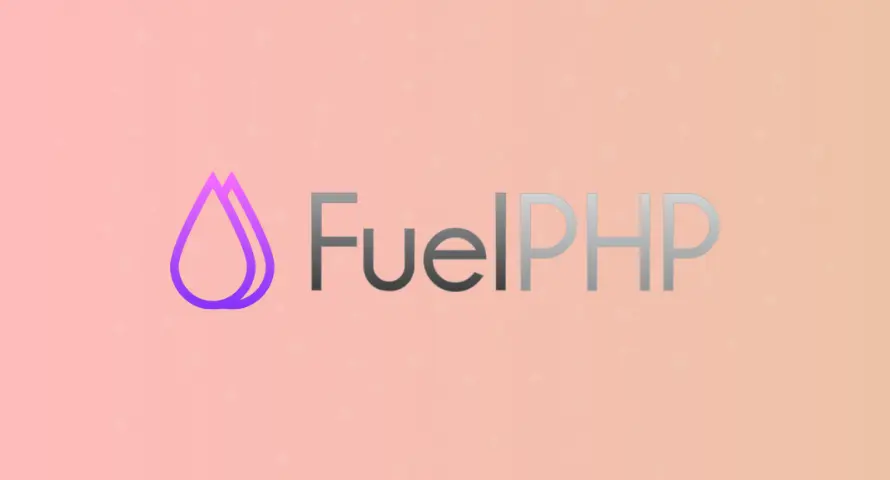
FuelPHP is a flexible, full-stack PHP framework that follows the HMVC (Hierarchical Model View Controller) pattern. It aims to be modular, extendable, and community-driven.
Key Features:
- HMVC Architecture: Encourages reusable and scalable code structures by nesting MVC triads.
- Security First: Built-in protections against XSS, CSRF, and SQL injection.
- ORM and CLI: Easy database access and terminal commands for fast development.
- Theming and Modular Design: Simplifies creating UI layers and reusable components.
- Oil Console Tool: Streamlines tasks like scaffolding, migrations, and testing.
FuelPHP is well-suited for developers who appreciate architectural flexibility and want better separation of concerns within large-scale applications. Though it has a smaller community, its well-thought-out design and security-focused features make it a solid choice.
| Pros | Cons |
| Supports HMVC pattern | Smaller user base |
| Flexible and customizable | Less documentation |
| Excellent for complex applications | Slower than some alternatives |
| Rich set of features | Limited third-party packages |
10- PHPixie
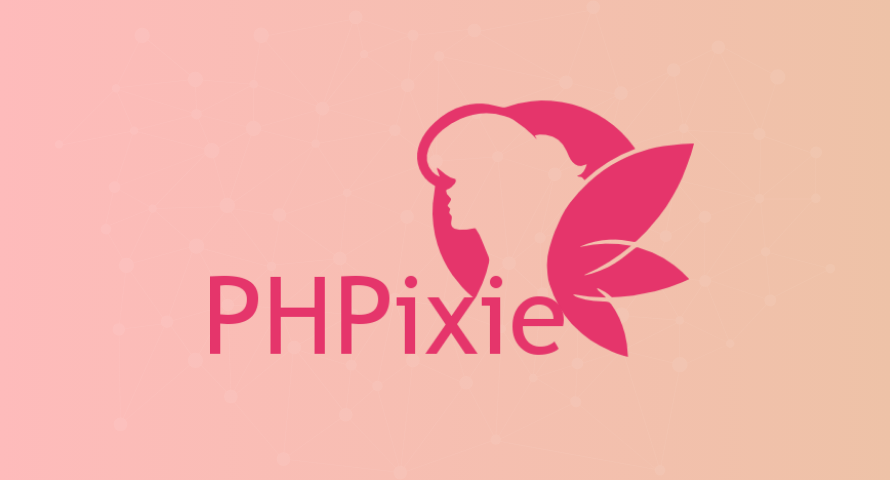
Pixie is a relatively new framework focused on performance and simplicity. It’s built using modern development practices and designed to be easily understood, making it beginner-friendly without sacrificing speed.
Key Features:
- HMVC Support: Like FuelPHP, it uses Hierarchical MVC for better code organization.
- Strict Architecture: Encourages good development practices with a focus on testability.
- ORM, Templating, and Input Validation: Core features baked into a lightweight footprint.
- Static Codebase: No reliance on magic methods, which helps with debugging and IDE support.
- Easy Learning Curve: Designed to be picked up quickly by new developers.
PHPixie is perfect for developers who want a straightforward framework that doesn’t compromise on speed or code quality. While the ecosystem is smaller, the framework is efficient, clean, and ideal for those who want to maintain full control of their application’s architecture.
| Pros | Cons |
| Fast and lightweight | Limited community and docs |
| Easy-to-use ORM | Less robust than other frameworks |
| Great for small to medium projects | Lacks comprehensive features |
| Flexible routing and caching | Not as widely adopted |
Hire PHP Developers | Bizmia
On the lookout for the best PHP developers for your project? At Bizmia, we provide skilled PHP developers that have hands-on experience enabling you to take your project to the next level – making it scale easily. You can hire within 48 hours while focusing on core business tasks. Book a meeting today with us and hire top developers for your project.
Frequently Asked Questions
What is a PHP framework?
A PHP framework is a pre-built platform that provides structure and reusable code to help developers build web applications more efficiently. It promotes best practices, like MVC architecture, and reduces repetitive coding.
Why should I use a PHP framework instead of plain PHP?
Frameworks speed up development, improve security, and make the code more maintainable and scalable. They often come with tools like routing, templating, ORM, and built-in security.
Which PHP framework is best for beginners?
Laravel and CakePHP are often recommended for beginners due to their easy learning curve, comprehensive documentation, and active communities.
Which PHP framework is best for large enterprise projects?
Symfony and Zend Framework (Laminas) are ideal for complex, large-scale applications. They offer robust tools, component reusability, and long-term support.
Which PHP framework is the fastest?
Phalcon is widely regarded as one of the fastest because it’s written as a C extension, resulting in incredibly low overhead.
What’s the difference between Laravel and Symfony?
Laravel is more developer-friendly and opinionated with a strong ecosystem, while Symfony offers more flexibility and reusable components, making it better for custom, complex systems.
Is it necessary to use MVC architecture in PHP frameworks?
Most modern PHP frameworks follow the MVC (Model-View-Controller) pattern because it separates concerns, improves organization, and enhances testability.
Can I build an API with PHP frameworks?
Yes! Frameworks like Slim, Laravel, and Lumen (Laravel’s micro-framework) are excellent for building fast, secure, and scalable RESTful APIs.
Are PHP frameworks secure?
Most frameworks offer built-in protection against CSRF, XSS, SQL injection, and more. However, proper implementation and regular updates are crucial for maintaining security.
Do PHP frameworks work with modern frontend tools?
Absolutely. You can integrate PHP frameworks with Vue.js, React, or Angular through APIs or templating engines, making them fully compatible with modern frontend stacks.







